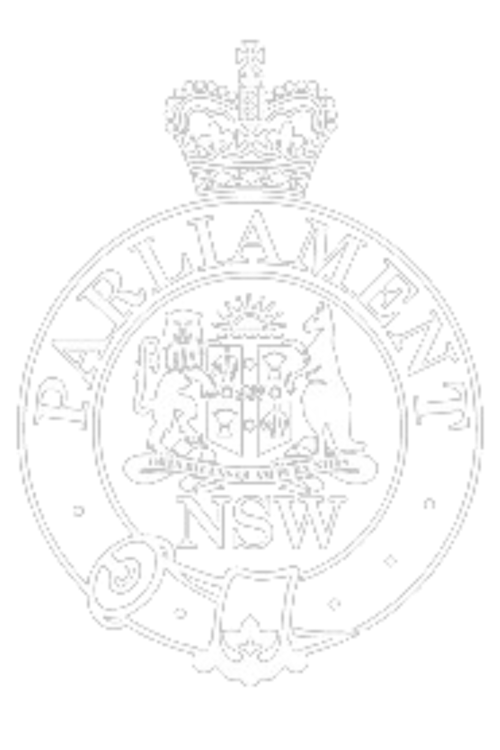Ms CHARISHMA KALIYANDA (Liverpool) (19:19): Tonight I pay tribute to a remarkable Australian who, through his contribution to sport in this country, left his indelible mark on the world of football and the Liverpool community. Born in a small village called Dole in the former Yugoslavia, Zvonimir "Rale" Rasic grew up as an orphan. A lifelong player of the game, he began his soccer career playing in Yugoslav clubs, having been selected for the national youth team at just 17 years of age. After migrating to Australia in 1962, firstly to Melbourne, he played football for the Footscray Jugoslav United Soccer Team for four years in addition to stints representing Victoria in the national league.
While he was undoubtedly a successful player, his contributions to soccer as a coach and manager following his exit from the field in 1966 are what truly crafted his enduring legacy. Rale's coaching career began with Footscray, followed by Melbourne HSC, St George Budapest, Marconi and Pan-Hellenic Soccer Club. In the early 1970s, he moved to Sydney to coach various teams, leading St George to the New South Wales grand final and the Tokyo International Tournament in 1971. From 1986 to 1988, his teams won the national championships and the National Soccer League Cup final. His notable achievement, however, came about by virtue of his appointment as coach of the Australian national team in 1970 at the relatively tender age of 34, just eight years after landing in the country. He famously guided the Socceroos to their first appearance in the FIFA World Cup, where they were knocked out in the group stage after losing two games and drawing one. Australia would not advance this far in a FIFA World Cup again until 2006, when, coincidentally, Rale was a presenter for the SBS coverage.
Controversially, however, he was sacked by the Australian Soccer Federation just after the world cup and replaced by former English player and coach Brian Green. Rale attributed his replacement to what he perceived as Australia's longstanding prejudices within the Australian Soccer Federation at the time. That could also explain his lifelong and fervent advocacy for social cohesion and multiculturalism. In 1989 Rale Rasic was inducted into the Sport Australia Hall of Fame and, in 2002, was awarded the Australian Sports Medal and Centenary Medal for services to soccer. He received the Medal of the Order of Australia in 2004.
A visionary and a mentor, he united Australians of all ages and walks of life around the game. No clearer was this the case than in Liverpool and across south-west Sydney, where soccer continues to be a pillar of our sporting tradition and a source of community, mateship and friendly competition. His legacy in Western Sydney can be highlighted by his intense involvement with amateur and professional teams across our region, including with amateur team the Fairfield Bulls and renowned professional team the Marconi Stallions. He coached Marconi to the Australian championships in 1972 and to the New South Wales grand final in 1973.
As Rale himself said about his infamous sacking as national coach in 1975, "They took from me something I was doing better than anybody else. I was a true-blue Aussie, and nobody can deny that." That is an apt characterisation of his contribution to our country that few could say better. Over the past month, we have seen football fever truly grip our nation. For many in my community, it has been a long time coming. In the words of the great Johnny Warren, Rale "told us so". I extend my condolences to his family, friends, colleagues and the players that have achieved sporting greatness under his guidance. As a community and as a nation, we are truly better for his contribution.


